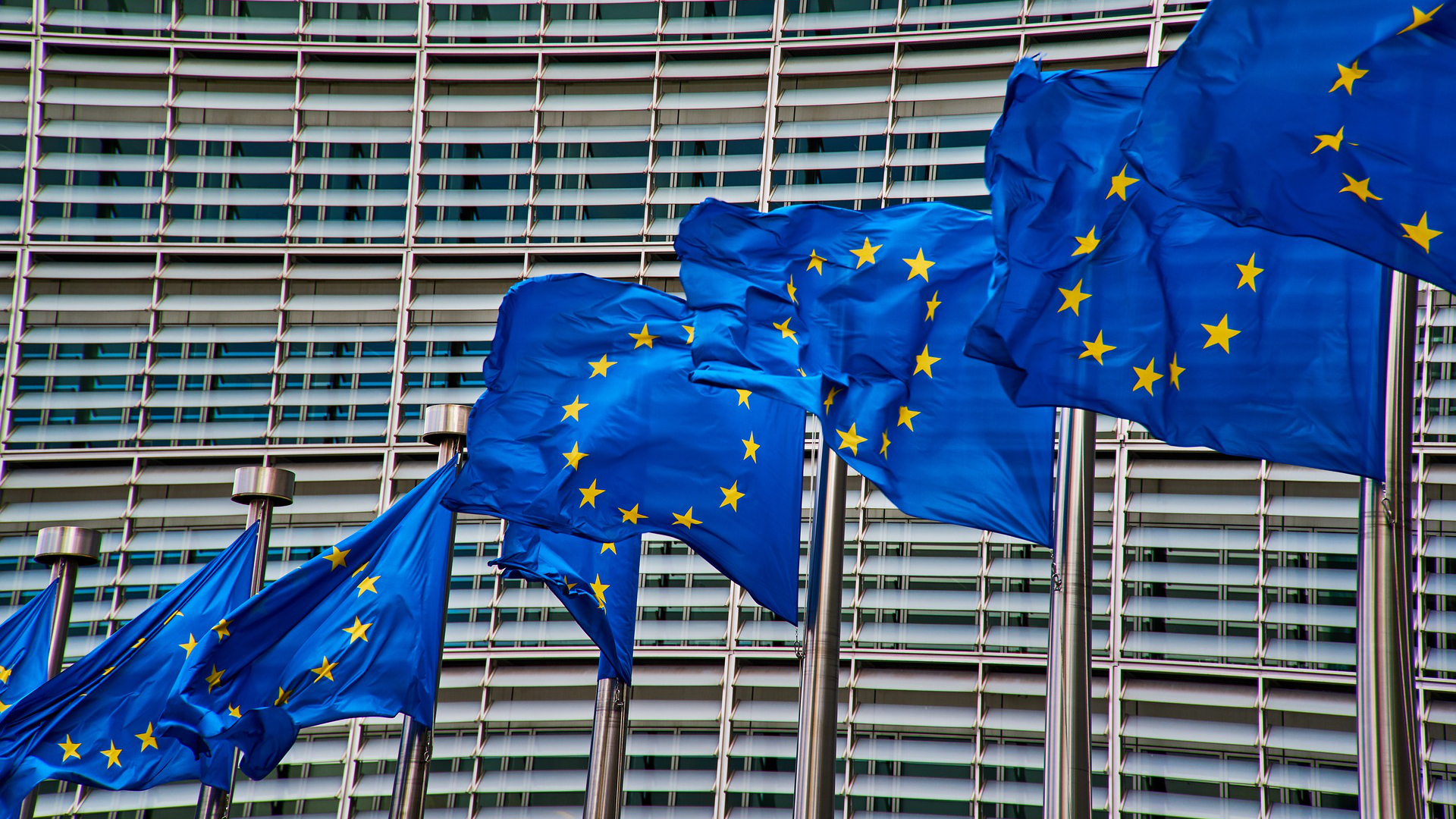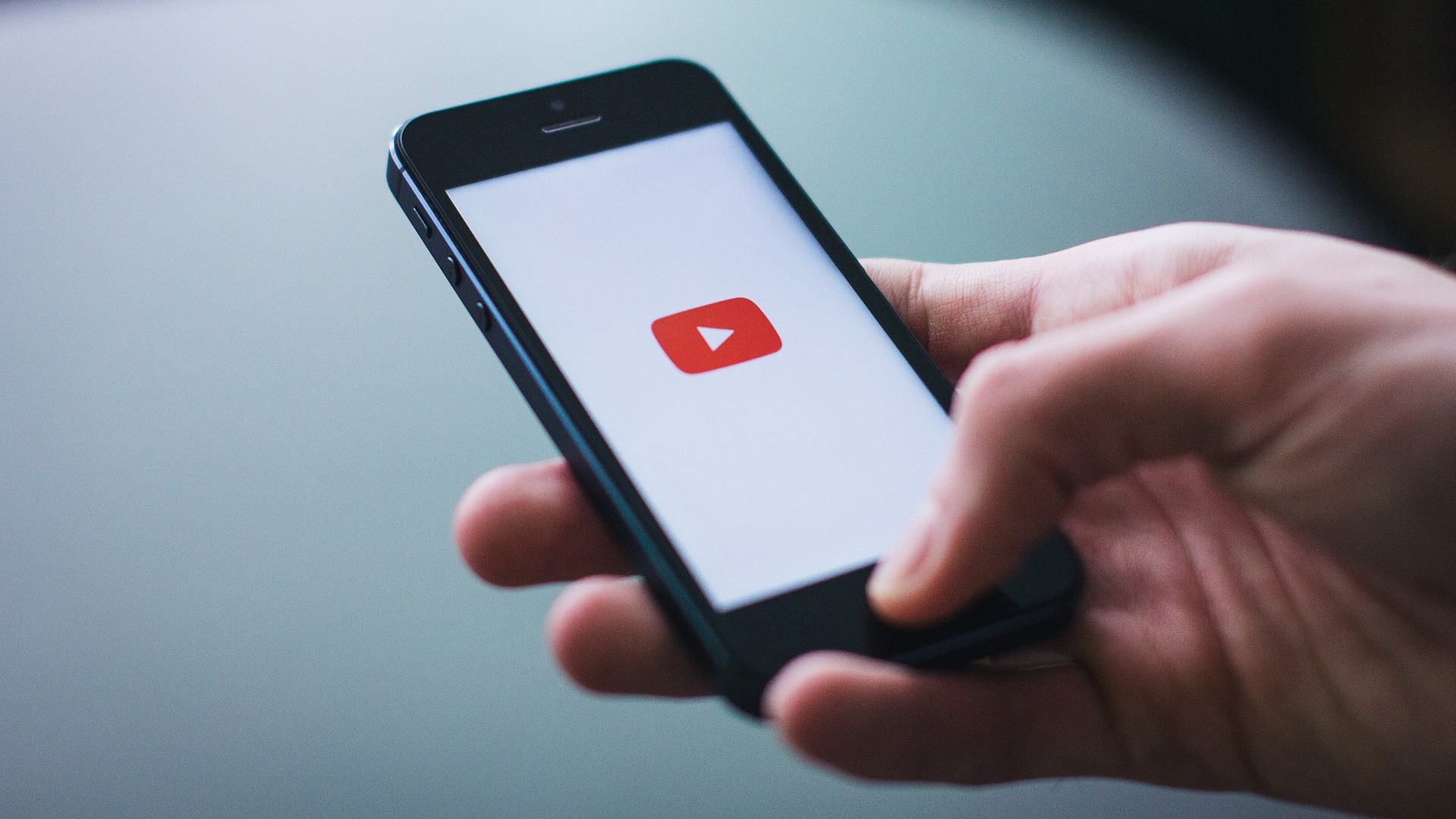Article 13: has the EU killed the open internet?
Debate over the future of the open internet rages on

The recent vote by the EU Parliament has effectively put an end to the open internet. By a very thin margin, the Parliament voted against any amendments to the proposal, which was a necessary step to fixing or deleting Articles 11 and 13. They have voted to approve the The European Union Directive on Copyright in the Digital Single Market (including both Article 11 and 13) which requires the likes of YouTube, Facebook and Twitter to take more responsibility for copyrighted material being shared illegally on their platforms.
Article 13 is the part of the Directive on Copyright that has most people debating. The article states that “online content sharing service providers and right holders shall cooperate in good faith in order to ensure that unauthorised protected works or other subject matter are not available on their services.”
- EU Copyright Directive: what does it mean, and should you be worried?
- YouTube's head of music warns EU's new copyright directive will stifle creativity
- Opinion: the EU's Copyright Directive isn’t just bad for memes – it makes Big Tech even harder to beat
Impact on the consumer
The Directive could, for example, stop anyone who isn’t the official organiser of a sports match from posting any videos or photos of that match. Will this stop viral sports GIFs and might it even stop people who attended matches from posting photos to social media? We shall see.
Whilst the Directive does contain an exemption for “legitimate private and non-commercial use of press publications by individual users,” this is still open to interpretation. For example, is someone with a huge following on social media, who posts adverts to that audience, a “private and non-commercial” entity? If you are somebody that likes sharing links on social platforms will you have to fork out any money. Maybe not, but time will tell..

Are you an active YouTuber? It would seem that YouTube is by far the most vocal critic of Article 13. It is making a big effort to promote opposition to the directive among its creators and users. The company argues that, in its current form, Article 13 could negatively impact hundreds of thousands of creators, artists and others employed in the creative economy.
Are you a video gamer who currently shares their gameplay on video-streaming services such as Twitch or YouTube? This area is fraught with complex online copyright. When, for example, a gamer creates a video game video for YouTube, the video itself is a new copyright work owned by the gamer. However, as it also incorporates copyright works owned by the video game studios, the authorisation of both the gamer and the studio would be required to put it online. In theory, if Article 13 became law, games studios could tell Twitch and YouTube not to show videos of its games.
Whilst Article 13 does not force companies to filter what users are uploading, some say companies will be left with no choice. Whilst YouTube already has its Content ID system, which can detect copyright-protected music and videos and block them, developing and implementing this type of filter would be too expensive for small companies or start-ups. Filters will effectively subject all communications of every European to interception and arbitrary censorship if an algorithm decides their text, pictures, sounds or videos are a match for a known copyrighted work. You could be looking at a sudden increase in internet censorship.
Sign up to the TechRadar Pro newsletter to get all the top news, opinion, features and guidance your business needs to succeed!
Article 13 implementation
Ultimately of course, all of this depends on how the directive is interpreted by member states when they make it into national law.
But we believe that the EU will almost certainly come to regret taking this decision. It is yet to be seen how each of the member states will actually implement the laws set out in the Directive but on the whole the EU Copyright Directive requires laws that effectively end the open internet as an open communications medium. Sites that previously allowed content creators to freely publish content will now be forced to make some very difficult choices: license all content (almost impossible), filter all of the content (expensive and failure-prone), or just shut down. Sites that used to send traffic to news sources may now need to reconsider, as doing so will require some kind of payment.
Given how much the EU has complained about the likes of Google and Facebook in the past, it has effectively just handed both companies a huge position of power. Companies of this size can afford this whilst many others cannot. We believe that these are sad days for a truly open internet. Overall, the Directive will merely serve to make giant companies even more powerful, whilst taking away from creative folk.
Sebastian Schaub, Founder at Hide.me
- Browse the internet without restrictions with the best VPN
Sebastian Schaub, CEO, hide.me
